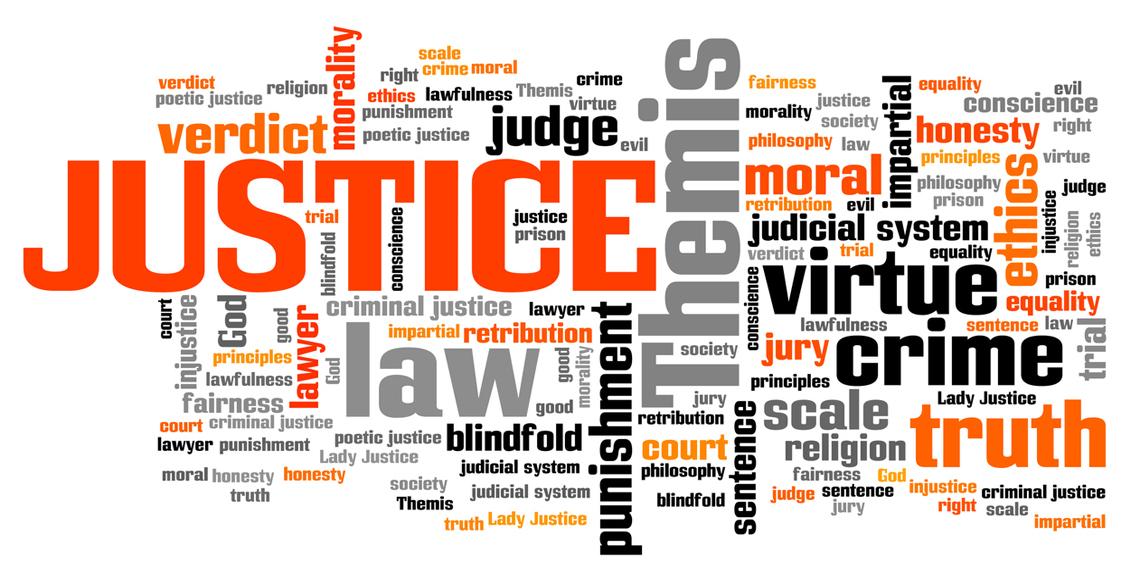You are here
Justice for All?

By Ronji Tanielu (Principal Policy Analyst, Social policy and Parliamentary Unit).
How do we ensure that there is justice for all New Zealanders, both victims and offenders, within our justice system? This is the fundamental question I asked myself after reading Dr Wijeysingha’s recent Briefing Note, Reconsidering the Aotearoa New Zealand Criminal Justice Policy Model. In light of the massive amount of work the independent advisory group, Te Uepū Hāpai i te Ora, is currently doing for the government in developing proposals that address the failures of New Zealand’s criminal justice system, Dr Wijeysingha’s paper is a timely contribution to the public discourse.
But I cannot ignore or move away from that fundamental question about justice for all. I have always wondered whether we as a society romanticise offenders in the justice system. Does this diminish the agony of the victims of crime? I was confronted with these notions when I attended the Justice Summit in Porirua a year ago. At the summit, strong victims’ rights advocates challenged Minister of Justice Andrew Little and the conference hosts about the huge emphasis on offenders and relatively small focus on victims’ realities and rights. Victims’ advocates reported feeling ‘frozen out’ during this landmark summit. Even Minister Little publicly acknowledged that the summit was intentionally weighted towards the offender and not the victim. The public outcry against this imbalance was so intense that Chief Victims Advisor, Kim McGregor, hosted a two-day workshop in March 2019 on victim’s rights in order to add the victim’s voice to Te Uepū Hāpai i te Ora’s work.
At this hui, McGregor quoted from a survey of 600 respondents (including 550 who had personally experienced a crime). That survey found 78 percent said they didn’t have enough information and support as victims of crime; 76 percent said their views and concerns were not listened to; and 82 percent said the system was not safe for victims. The New Zealand Crime and Victims Survey 2018 adds more context to these figures, identifying, among other findings, that young adults aged 20-29 (40%) and Māori (37%) are more likely to experience crime compared with the New Zealand average (29%); people who are financially stressed or psychologically distressed are more likely to experience crime, and almost 300,000 adults experienced interpersonal violence over the last 12 months. These victims were victimised more than 747,000 times, equating to about 19 personal violence incidents for every 100 adults.
My prayer and hope is that this essential question about justice for all continues to frame Dr Wijeysingha’s Briefing Note. This first Note is a great foundational discussion that does move towards keeping the needs of both offenders and victims central to the coming reforms of our criminal justice system. Additionally, I look forward to the coming two Briefing Papers from Dr Wijeysingha looking at these justice issues. I urge you to check out these Papers.
Sources: